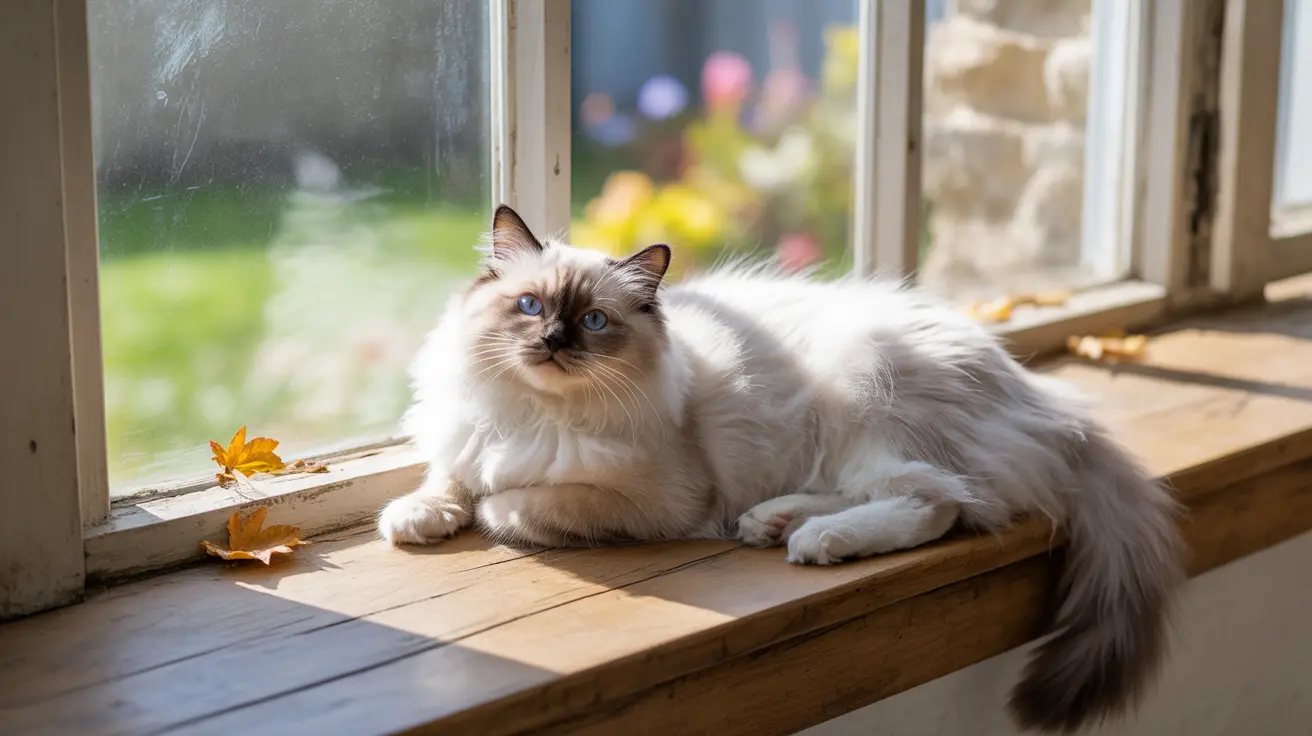Many cat owners and potential adopters wonder about the differences between male and female cats, particularly regarding their affectionate nature. While there's a common belief that male cats are naturally more loving, the reality is more complex and nuanced than this simple assumption suggests.
Let's explore what scientific research reveals about feline affection and examine the various factors that influence a cat's loving behavior, regardless of gender.
Why Are Male Cats More Affectionate? Debunking the Myth
The perception that male cats are more affectionate often stems from anecdotal experiences and cultural beliefs rather than scientific evidence. Research shows that a cat's affectionate nature is influenced by multiple factors beyond gender, including early socialization, individual personality, and environmental conditions.
Veterinary behaviorists emphasize that both male and female cats can form equally strong bonds with their human companions. The key difference often lies in how they express their affection rather than the amount of affection they feel.
Are Boy Cats More Affectionate? Understanding Individual Personality
While some pet owners report that their male cats are more demonstrative with their affection, scientific studies have found no conclusive evidence linking gender to affection levels. Instead, research points to several key factors that shape a cat's personality:
- Early socialization experiences
- Genetic predisposition
- Environmental enrichment
- Quality of human interactions
- Overall health and well-being
The Impact of Neutering on Feline Behavior
Neutering status plays a significant role in how both male and female cats express affection. Neutered cats typically display more consistent affectionate behavior because they're not influenced by hormonal drives related to mating and territory marking.
Spayed females often become more focused on human interaction once their reproductive hormones are no longer driving their behavior. Similarly, neutered males tend to be more relaxed and affectionate without the influence of testosterone.
The Role of Breed and Genetics
Certain cat breeds are known for being more affectionate regardless of gender. For example, Ragdolls, Maine Coons, and Siamese cats typically show more affectionate behavior due to their genetic predisposition, rather than their gender.
Creating a Bond with Your Cat
Regardless of your cat's gender, there are several ways to nurture a loving relationship:
- Establish consistent daily interaction routines
- Respect your cat's personal space and boundaries
- Provide positive reinforcement for affectionate behavior
- Create a stress-free environment
- Ensure regular veterinary care and health maintenance
Frequently Asked Questions
Are male cats more affectionate than female cats, and what does science say?
Scientific research has not found conclusive evidence that male cats are inherently more affectionate than females. Affection levels are determined by individual personality, socialization, and various environmental factors rather than gender alone.
Why do people think male cats are more affectionate than females?
This perception often comes from personal experiences and cultural beliefs. Male cats might display their affection more overtly, while females may show it in more subtle ways, leading to this common misconception.
Does neutering or spaying affect how affectionate a cat becomes?
Yes, both neutering and spaying can positively influence a cat's affectionate behavior by reducing hormone-driven behaviors and allowing them to focus more on human bonding.
How can I make my cat more affectionate regardless of gender?
Focus on positive interactions, respect boundaries, maintain consistent feeding and play schedules, and provide a secure environment. Regular gentle handling and positive reinforcement can help build trust and affection.
Are female cats as loving as males after being spayed?
Yes, spayed female cats can be equally as loving as male cats. After spaying, many females become more focused on human interaction and may display increased affectionate behavior once hormonal influences are removed.






